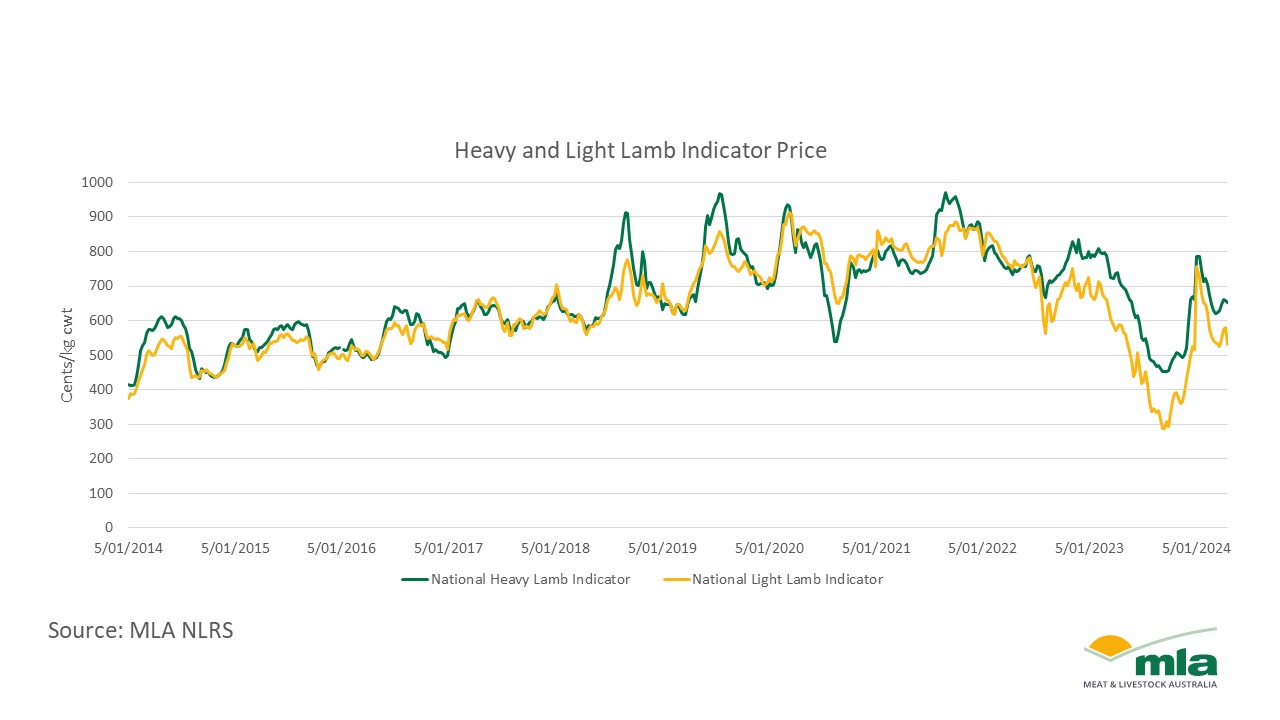The Women’s Safety and Justice Taskforce has released their first report, Hear her voice, examining domestic and family violence (DFV) which includes 89 recommendations for Government.
Attorney-General and Minister for Justice, Minister for Women and for the Prevention of Domestic and Family Violence Shannon Fentiman said the Taskforce, chaired by the Honourable Margaret McMurdo AC, has undertaken months of consultation to look at how best to criminalise coercive control.
“The Palaszczuk Government remains committed to keeping women and families safe from violence and holding perpetrators to account,” Minister Fentiman said.
“That’s why we established the Taskforce to conduct this crucial review that will inform government on how we can remove barriers for victims to come forward and how the justice system can operate in a more trauma informed way.
“The Taskforce has listened to the voices of victims, receiving more than 700 submissions – the overwhelming majority coming from women with a lived experience of domestic, family and sexual violence.
“I want to emphasise what these findings on coercive control represent for survivors, victims and frontline support services across the State.
“I want to thank these countless survivors who courageously shared their experiences that will ultimately shape how we can best prevent and respond to issues of violence going forward.”
Coercive control is a dangerous form of domestic violence used to instil fear in victims. Perpetrators use tactics such as isolating the woman from her friends and family, tracking her movements, controlling her access to money, where she goes and what she wears.
The Palaszczuk Government established the independent Women’s Safety and Justice Taskforce in March 2021 to conduct a wide-ranging review on women’s experiences across the criminal justice system. They will deliver their final report by the end of June 2022.
The Attorney-General said the findings and recommendations of the first report will be extensively considered by government and will help lay the foundation to criminalise coercive control.
“Today marks the day that we begin creating a strengthened framework to respond to coercive control and prevent more harm coming to victims,” she said.
“The report shows that we cannot just criminalise coercive control – we also need to educate the community and frontline responders on how to recognise and respond to coercive control.
“The report includes recommendations for improving police and judicial responses as well as the need to focus on primary prevention and early intervention measures, particularly for our First Nations communities.
“There is crucial work that needs to be done before we can effectively criminalise coercive control. Work is needed to upskill frontline staff on what coercive control is, imbed specialist training for police investigating and prosecuting offences, investment in perpetrator interventions and community awareness.
“I would like to acknowledge the Honourable Margaret McMurdo AC and the members of the Taskforce for their hard work and dedication to deliver this report.
“I also want to repeat our message to all survivors of violence – we see you; we hear you; we believe you.”
The Palaszczuk Government will provide a formal response to the recommendations of the report in the first half of 2022.
Find out what you can do in your local community or workplace to prevent domestic and family violence, or safely and appropriately respond to this form of violence by visiting www.qld.gov.au/notnownotevertogether







